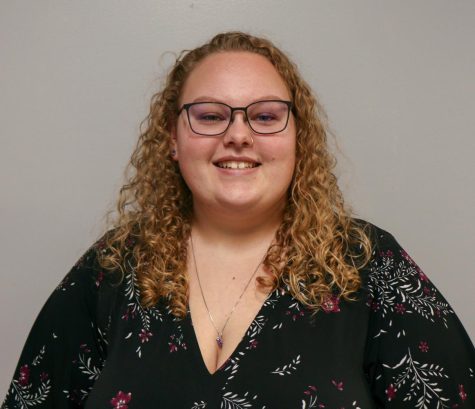African Americans in agriculture
February 24, 2021
February is Black History Month and since agriculture is the basis of American culture, let me compile a few of the African Americans making waves in the agriculture industry and some of their advances in agriculture in the past decade.
African American Producers
The 2017 Census of Agriculture stated nearly 50,000 producers identified as African American or in combination with another race and they account for only 1.4 percent of American producers. According to the 2017 census, the percentage of African American producers increased 5 percent from the 2012 census.
The top five states with African American producers, listed from first to fifth place, are Texas, Mississippi, Alabama, Louisiana and Georgia. African American farmers and producers are mainly located in the southeastern and mid-Atlantic states. In Texas, African American producers made up 3 percent of the state’s total producers.
According to the 2017 Census of Agriculture, “Black producers are on average older than U.S. producers overall,” averaging about 61 years old compared to 57.5 years of age.
The New York Times stated “[d]isparities in access to loans and aid, and well-documented discrimination at the Department of Agriculture, also drove Black farmers from their land” as well as the Jim Crow era.
Karen Washington
First and foremost, Karen Washington, is known for her activism for the food justice movement. The Institute for Agriculture & Trade Policy (IATP) defines food justice as “the right of communities everywhere to produce, process, distribute, access, and eat good food regardless of race, class, gender, ethnicity, citizenship, ability, religion, or community.” IATP states freedom from exploitation, worker rights for fair labor practices, racial justice, and gender equity are included in the definition.
According to Rise & Root Farm, Washington “spent decades promoting urban farming as a way for all New Yorkers to access to fresh, locally grown food.” In her time, Washington was a board member of the New York Botanical Gardens, a community gardener and an advocate for garden protection and preservation in New York. According to Rise & Root Farm, Washington was a member of the La Familia Verde Community Garden Coalition where she helped launch a City Farms Market. This allowed fresh foods to be shared with her neighbors.
She also co-founded Black Urban Growers (BUGS), co-founder/famer of Rise & Root Farm, and was a licensed physical therapist before retiring from the medical field in April 2014. According to Rise & Root Farm, Washington was awarded the James Beard Leadership Award in 2014 but two years prior was voted as one of the “100 most influential African Americans in the country” by Ebony magazine.
According to the 2017 Census of Agriculture, 29 percent of African American producers were female compared to 36 percent of all U.S. producers.
Sedrick Rowe
Sedrick Kent Rowe Jr. is an organic peanut farmer in southwest Georgia. According to the National Young Farmers Coalition, Rowe – first-generation farmer, even though he was involved with agriculture since a young age – operates with 10 certified organic acres where he grows organic peanuts and sunflowers. He was one of three farmers in 2019 to grow organic peanuts. According to the New York Times, he has witnessed the loss of more than 98 percent of African American farmers in the state.
Rowe started a South Georgia Young Farmers Coalition chapter in Albany, Georgia, in April 2020, according to National Young Farmers Coalition. The chapter’s mission states that they strive “to create sustainable ecosystems to cultivate and rejuvenate generational farming in the south.”
According to The New York Times, there is some hope for African Americans farmers with the Biden administration’s priority of addressing racial inequality and fighting climate change.







